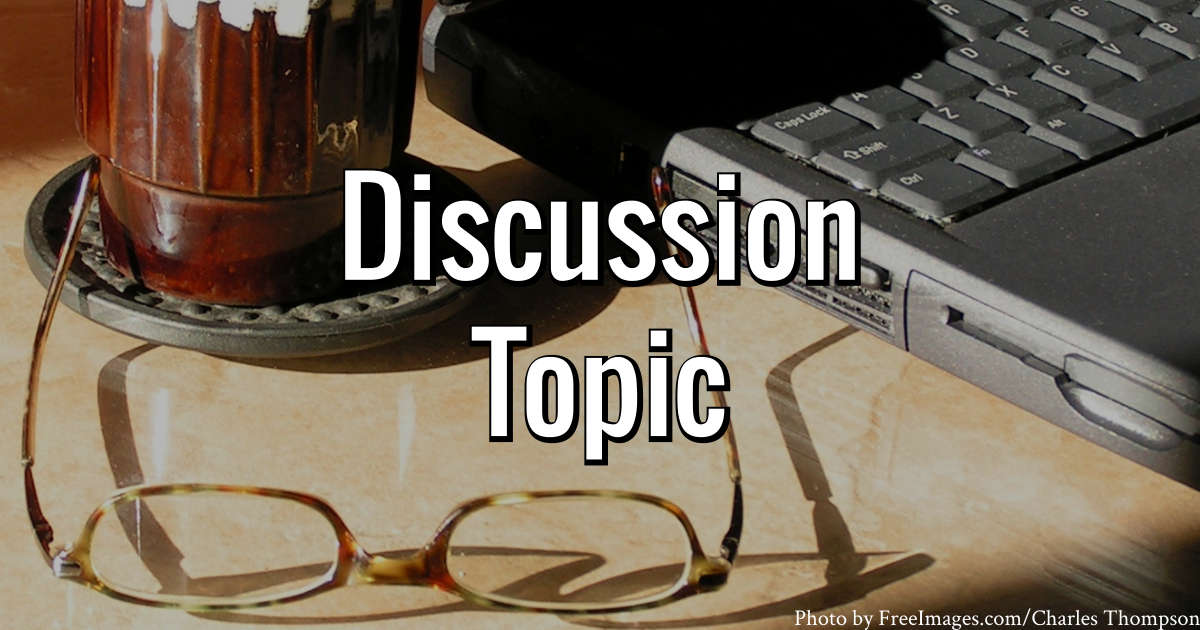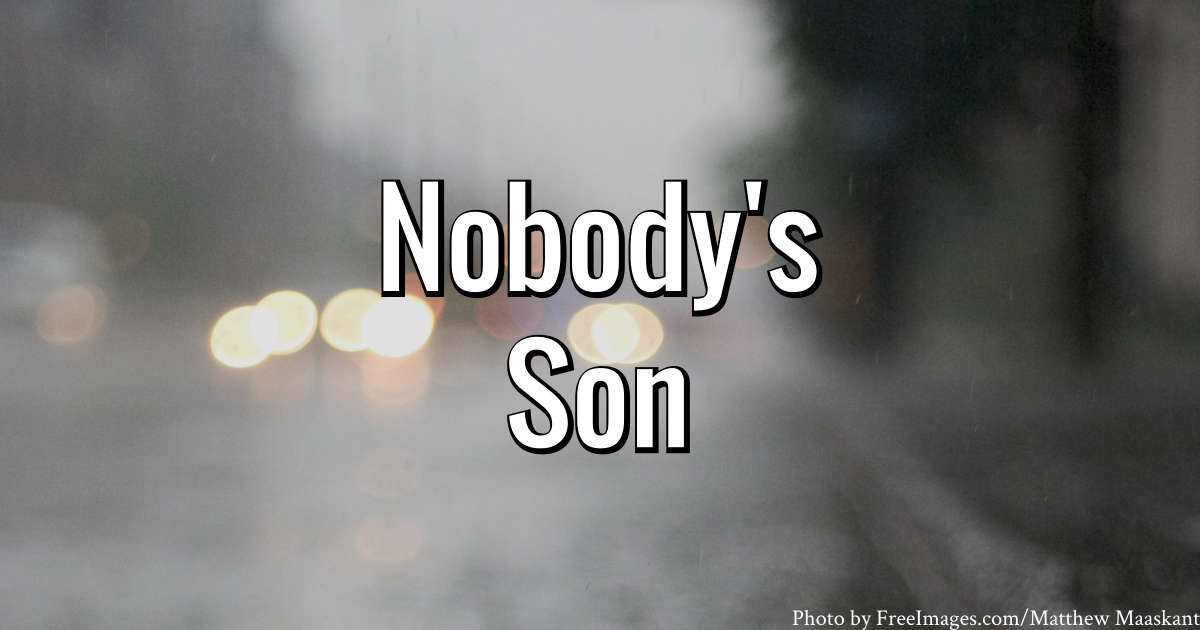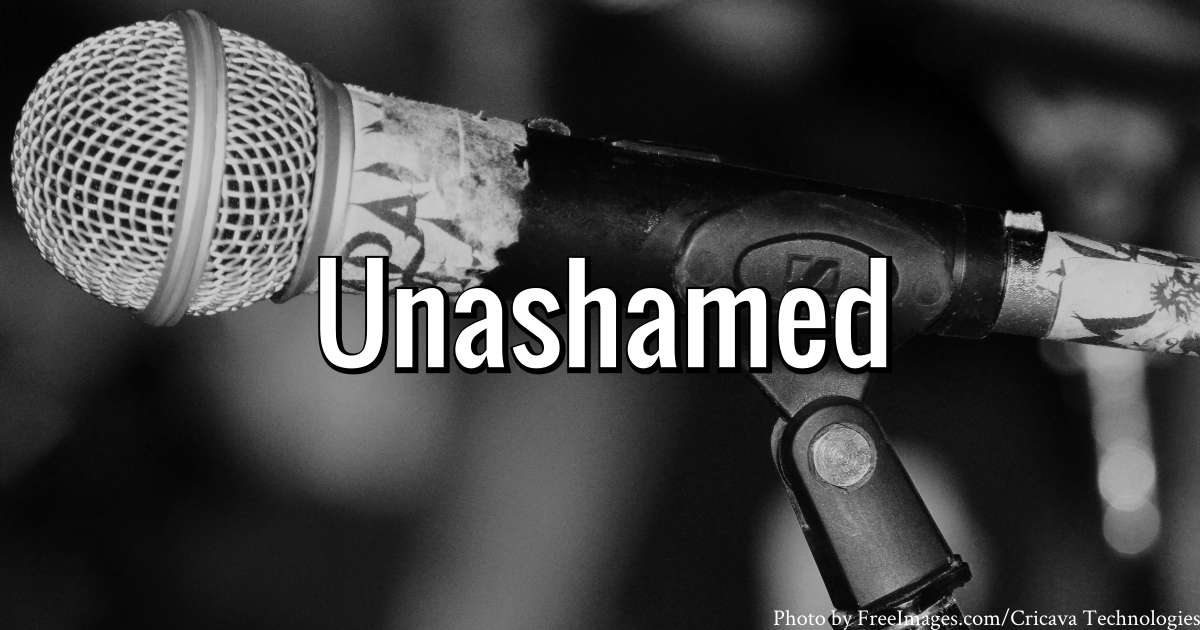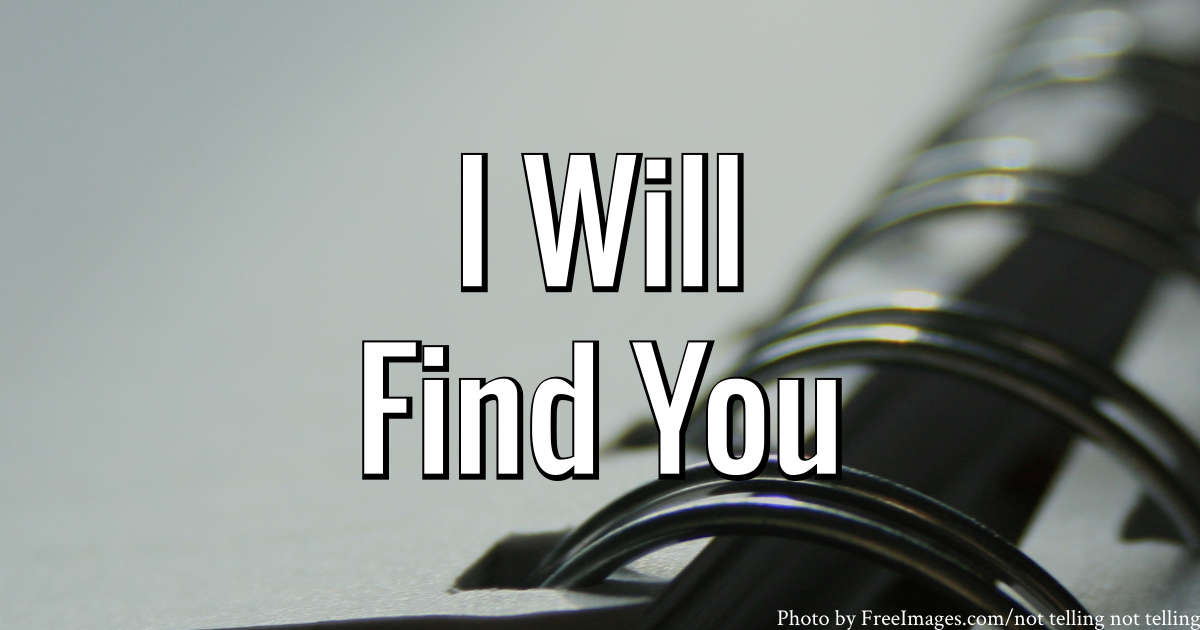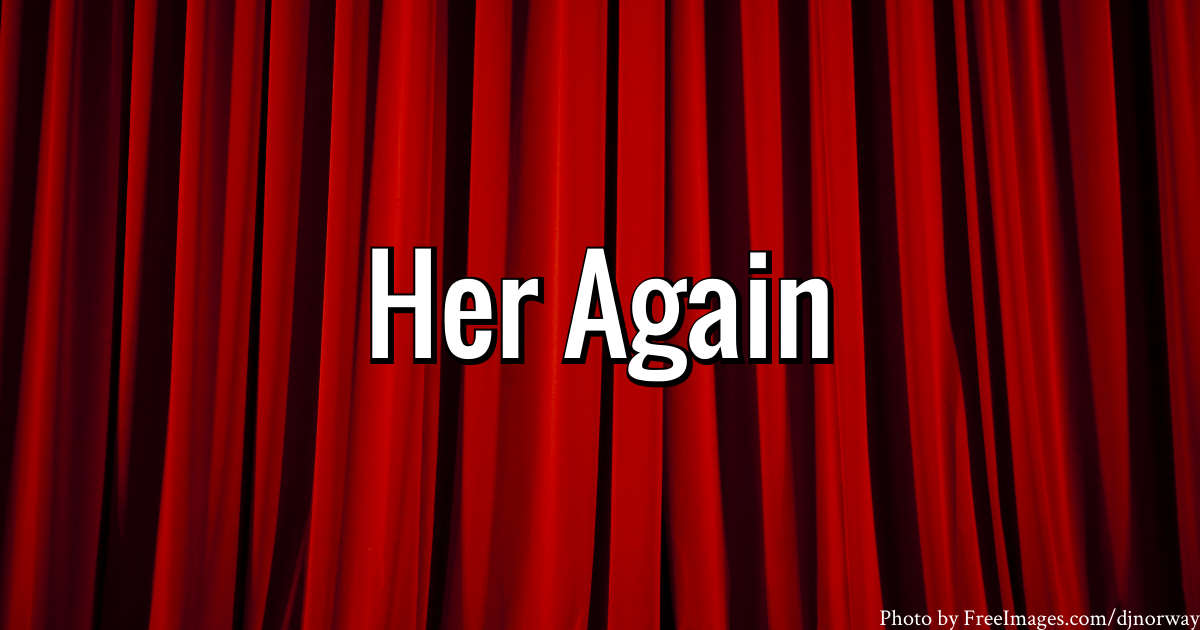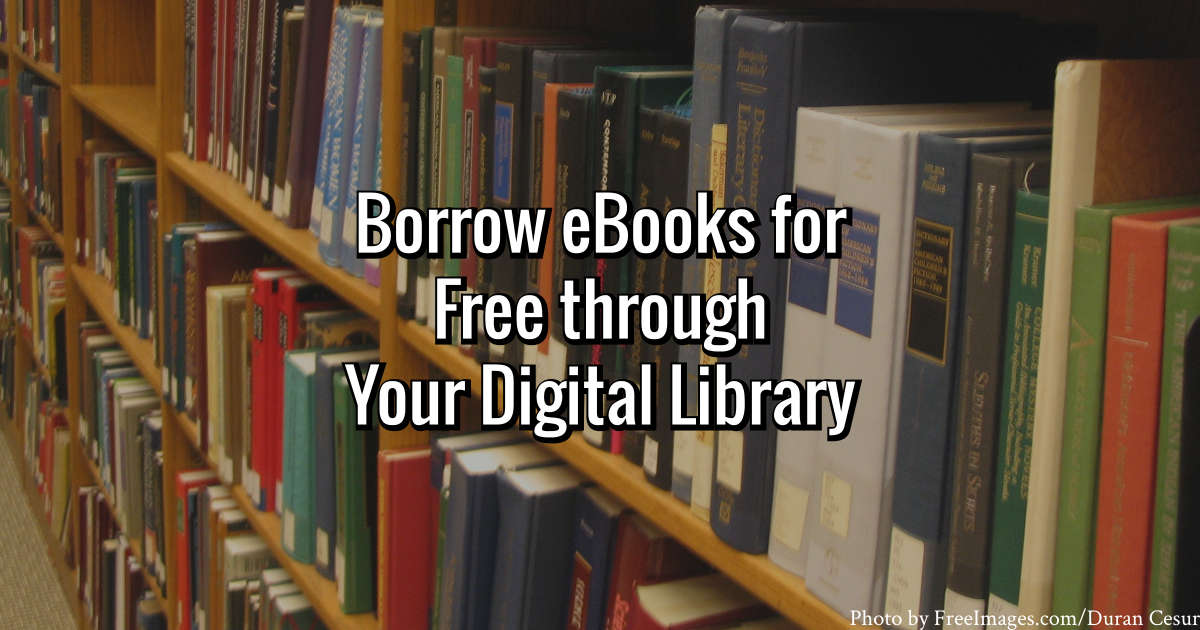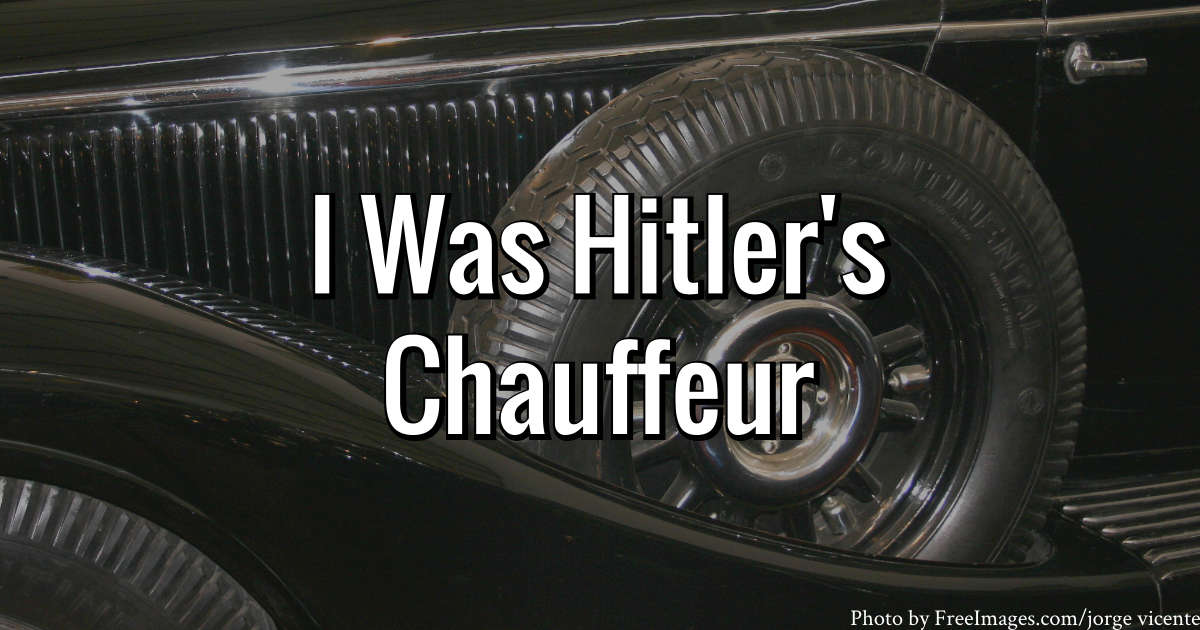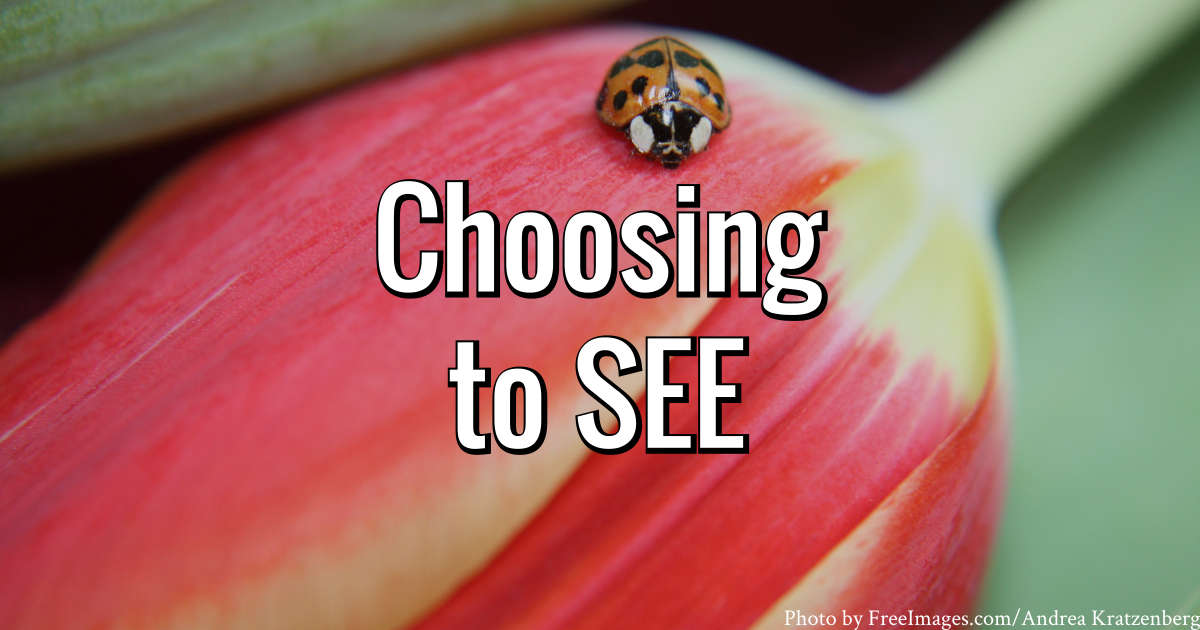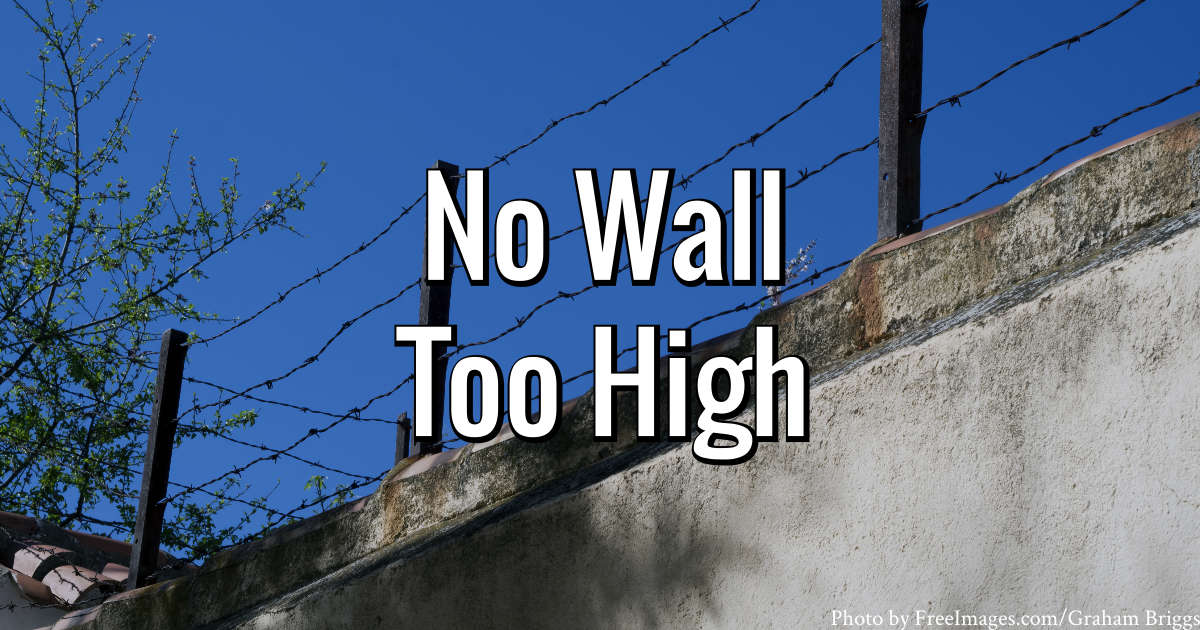If you love to read books digitally and want another resource for obtaining them for free, you’ve come to the right place. Just like your local library allows you to borrow print books for free, your digital library allows you to borrow eBooks for free to read on your Kindle, phone, or computer. For most digital libraries, all you need is a local library card before thousands of eBooks are available for your reading pleasure.
I’ve compiled a list of the digital libraries in all fifty states. While a few states do not have digital libraries, most have libraries with thousands of titles. Those with libraries only require a library card (which is usually free to get at your local library) for the covered counties. Find your library, and happy reading!
Alabama – The Alabama Virtual Library contains access to journal articles and other scholarly works, along with some eBooks. To gain access, an Alabama library card is needed.
Alaska – The Alaska Digital Library has about ten thousand eBooks for users to borrow. To gain access, an Alaska library card is needed.
Arizona – The Arizona State Library, Archives & Public Records has a section for eBooks. One section is available for free to all readers (regardless of location). Another section has more eBooks. To gain access to that section, an Arizona library card is needed.
Arkansas – Arkansas has both the Central Arkansas Library System and the ArkansasLibrary2Go. Arkansas users are able to use one of these two libraries based on location. To gain access, an Arkansas library card is needed.
California – California has both the Southern California Digital Library and the Northern California Digital Library. California users are able to use one of these two libraries based on location, although some users in central California may be left without coverage. To gain access, a California library card is needed.
Colorado – The Across Colorado Digital Consortium has over seventeen thousand titles. To gain access, a Colorado library card is needed.
Connecticut – None
Delaware – The Delaware Division of Libraries has over fifteen thousand titles for Delaware residents. To gain access, a Delaware library card is needed.
Florida – The Florida Electronic Library has a limited selection of eBooks, along with other resources. To gain access to eBooks, a Florida library card is needed.
Georgia – None
Hawaii – The Hawaii State Public Library System has over forty thousand digital titles available for Hawaii residents. To gain access, a Hawaii library card is needed.
Idaho – The Idaho Digital Consortium has eBooks available for Idaho residents. To gain access, an Idaho library card is needed.
Illinois – None
Indiana – Indiana has the Indiana Digital Media, Indiana Digital Download Center, and Northeast Indiana Digital Library. Indiana users will use one of these libraries, based on the location of their library. To gain access, an Indiana library card is needed.
Iowa – None
Kansas – The Kansas State Library has eBook lending. To gain access, a Kansas library card may be needed.
Kentucky – None
Louisiana – None
Maine – The Maine Infonet allows Maine users to borrow eBooks. To gain access, a Maine library card is needed.
Maryland – Maryland’s Digital eLibrary Consortium contains over twenty thousand eBooks for Maryland users to borrow. To gain access, a Maryland library card is needed.
Massachusetts – The Massachusetts Libraries has a large collection of eBooks and other digital materials. Although many of the digital materials are freely available to online users, a Massachusetts library card is needed to gain access to the eBook collection.
Michigan – Michigan has both the Southwest Michigan Digital Library and the Michigan eLibrary. Michigan users can use these based on location. To gain access, a Michigan library card is needed. The Michigan eLibrary will also accept a Michigan driver’s license for identification.
Minnesota – The Minnesota Digital Library has digital resources freely available for online users and eBooks available for Minnesota residents. To gain access, a Minnesota library card is needed.
Mississippi – None
Missouri – The Missouri Libraries 2 Go has nearly thirty thousand eBook titles for Missouri users to borrow. To gain access, a Missouri library card is needed.
Montana – The Montana Library2Go has over twenty-five thousand eBook titles for Montana users to borrow. To gain access, a Montana library card is needed.
Nebraska – The Nebraska OverDrive Libraries has thousands of eBook titles for Nebraska users to borrow. To gain access, a Nebraska library card is needed.
Nevada – None
New Hampshire – The New Hampshire Downloadable Books Consortium has nearly twenty thousand eBook titles for New Hampshire users to borrow. To gain access, a New Hampshire library card is needed.
New Jersey – The eLibraryNJ has many eBook titles available for New Jersey users. To gain access, a New Jersey library card is needed.
New Mexico – The New Mexico Library to Go has over six thousand eBook titles available for New Mexico users. To gain access, a New Mexico library card is needed.
New York – The New York Public Library has nearly one hundred fifty thousand eBook titles available for New York users. To gain access, a New York library card is needed.
North Carolina – The North Carolina Digital Library has nearly forty thousand eBook titles available for North Carolina users. To gain access, a North Carolina library card is needed.
North Dakota – North Dakota’s Library2Go has nearly thirty thousand eBook titles available for North Dakota users. To gain access, a North Dakota library card is needed.
Ohio – The Ohio Digital Library has nearly one hundred thirty thousand eBook titles available for Ohio users. Users are able to check out ten titles at a time for twenty-one days each. Additionally, they are able to put fifteen titles on hold and five thousand on a wish list. To gain access, an Ohio library card is needed.
Oklahoma – The OK Virtual Library has nearly twenty-five thousand eBook titles available for Oklahoma users. To gain access, an Oklahoma library card is needed.
Oregon – The Oregon Digital Library Consortium has nearly forty thousand eBook titles available for Oregon users. To gain access, an Oregon library card is needed.
Pennsylvania – Pennsylvania appears to have partial digital coverage with their Central PA Libraries, which has over ten thousand eBook titles. To gain access, a Pennsylvania library card from select counties is needed.
Rhode Island – The Ocean State Libraries eZone has over sixty thousand eBook titles available to Rhode Island users. To gain access, a Rhode Island library card is needed.
South Carolina – The Jasmine Digital Library covers select areas of South Carolina and has over twenty-five thousand eBook titles. To gain access, a South Carolina library card from one of the covered regions is needed.
South Dakota – The South Dakota Digital Consortium has nearly fifteen thousand eBook titles available for South Dakota users. To gain access, a South Dakota library card is needed.
Tennessee – The Tennessee R.E.A.D.S. has nearly eighty thousand eBook titles available for Tennessee users. To gain access, a Tennessee library card is needed.
Texas – The Central Texas Digital Consortium has over five thousand eBook titles available for users in select areas of Texas. To gain access, a Texas library card from one of the covered regions is needed.
Utah – Utah’s Online Library has over thirty thousand eBook titles available for Utah users. To gain access, a Utah library card is needed.
Vermont – The Green Mountain Library Consortium has over ten thousand eBook titles available for Vermont users. To gain access, a Vermont library card is needed.
Virginia – None
Washington – The Washington Anytime Library has over thirty-five thousand eBook titles available for Washington users. To gain access, a Washington library card is needed.
West Virginia – West Virginia has both West Virginia DELI and the West Virginia Reads available for West Virginia users, based on region. To gain access, a West Virginia library card from one of the covered regions is needed.
Wisconsin – Wisconsin’s Digital Library has nearly seventy thousand eBook titles available for Wisconsin users. To gain access, a Wisconsin library card is needed.
Wyoming – Wyoming’s GoWYLD has thousands of eBooks. They allow users to check out five eBooks at a time for fourteen days each. To gain access, a Wyoming library card is needed.
If you use any of the digital libraries listed and are able to provide additional details, please feel free to comment below. I would like to keep this resource as comprehensive and up-to-date as possible.

